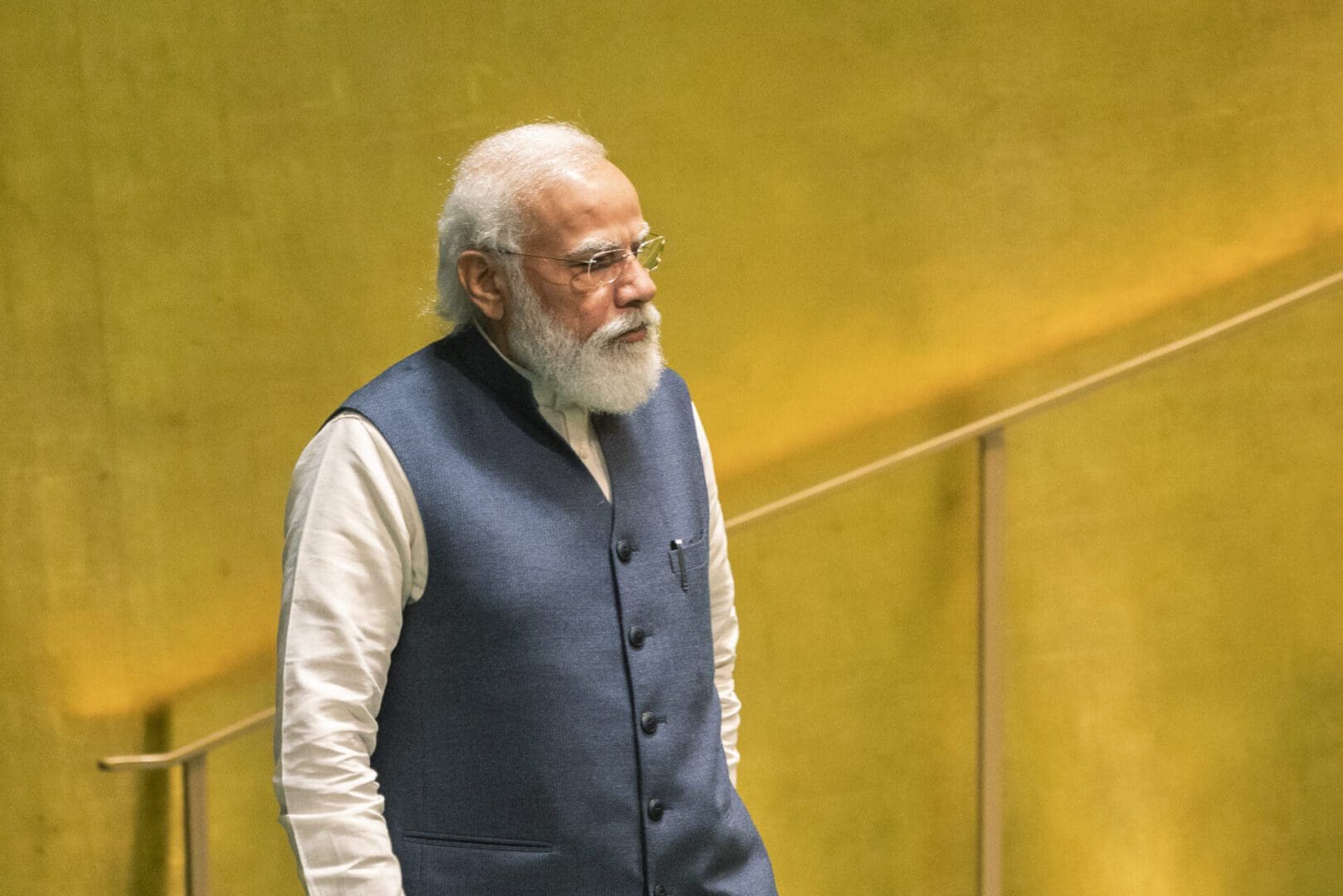- New briefing highlights Indian Government’s non-compliance with FATF standards and international human rights law
Indian authorities are exploiting the recommendations of a global terrorism financing and money laundering watchdog to target civil society groups and activists and deliberately hinder their work, said Amnesty International in a new briefing released today.
“Weaponizing counter-terrorism: India’s exploitation of terrorism financing assessments to target civil society” reveals how the recommendations of the Financial Action Task Force (FATF)—a global body responsible for tackling terrorism financing and money laundering—have been abused by the Indian authorities to bring in draconian laws in a coordinated campaign to stifle the non-profit sector. These laws are in turn used to bring terrorism-related charges and, amongst other things, to prevent organizations and activists from accessing essential funds.
“Under the guise of combating terrorism, the Indian government has leveraged the Financial Action Task Force’s recommendations to tighten its arsenal of financial and counter-terrorism laws which are routinely misused to target and silence critics. The FATF must hold the Indian authorities accountable for the persistent weaponization of its recommendations,” said Aakar Patel, chair of the board at Amnesty International India.
“By abusing these laws, the authorities in India have failed to comply with both FATF standards and international human rights law.”
“(We are) surviving just to fight the legal cases”
Non-governmental organizations in India require a “foreign contribution licence” to access foreign funds as established by the Foreign Contribution (Regulation) Act (FCRA). The introduction of this bill in 2006 coincided with India becoming an observer state of the FATF. Later in 2010, amendments were made to the act to improve India’s ‘non-compliant’ status. Since then, however, and specifically in the last ten years, more than 20,600 NGOs have had their licences cancelled with nearly 6,000 of these cancellations occurring since the beginning of 2022.
In a survey by Amnesty International, 11 out of 16 NGOs (working on issues relating to minorities, marginalized groups and climate change) confirmed the arbitrary renunciation of their foreign contribution licences through suspensions, cancellations, and non-renewals. The organizations said that the authorities provided only vague reasons, including accusing them of “bringing disrepute to public institutions”, “working against public or national interest” or alluding to their human rights work. Most of the groups Amnesty International spoke to said they have had to reduce their staff by 50 to 80 percent, drastically affecting the scope of their work. “Almost all our programmes have been shut down … [We are] surviving just to fight the legal cases that have been filed against us,” one activist said.
The 2020 and earlier amendments to the FCRA, however, do not conform with FATF’s Recommendation 8, which requires that laws and regulations target only those Non-Profit Organizations that a country has identified — through a careful, targeted “risk-based” analysis — as vulnerable to terrorism financing abuse.
None of the NGOs Amnesty International spoke with were contacted for a “risk-assessment” by the Indian government, despite FATF having specifically highlighted the lack of outreach in its 2010 and 2013 Mutual Evaluation Reports. Such actions also do not meet the guidelines laid down by the FATF’s interpretative note on Recommendation 8 which aims to minimize the unintended consequences faced by the non-profit sector by calling for specific and targeted counter-terrorism measures.
“Our board and staff have resigned out of fear”
The enactment of the Prevention of Money Laundering Act, 2002 (PMLA) and the 2012 amendments to the Unlawful Activities (Prevention) Act (UAPA), India’s main counter-terrorism law, were among the pre-conditions to India becoming the 34th member of the FATF.
Over time, amendments to these laws, based on the FATF’s recommendations in India’s last evaluations in 2010 and 2013, led to FATF changing India’s rating from “Non-Compliant” to “Largely Compliant”.
However, United Nations’ special rapporteurs have repeatedly called out the contentious and overbroad provisions of UAPA which both violate international human rights law and standards and contradict the FATF’s own guiding principles. The Indian authorities have ignored all such calls and have continued to apply these laws in a discriminatory manner against dissenting voices such as Muslim student activist Umar Khalid, Kashmiri human rights activist Khurram Parvez, journalist Irfan Mehraj and 16 others (in the Bhima Koregaon case), ten of whom continue to be detained since 2018 without trial on allegations of ‘funding terrorism’, amongst other charges. The PMLA has also been used to target Amnesty International forcing the organization to halt its operations in the country in September 2020.
“The motivation behind these measures is purely political and designed to create an environment hostile to international organisations. The FATF must not allow these laws to be used by the Indian authorities to systematically erode the rights to freedom of association and freedom of expression in the country, particularly of civil society actors and religious minorities,” said Aakar Patel.
Amnesty International recommends that the UAPA, PMLA and FCRA should be repealed or significantly amended to bring them in line with International human rights standards. Most importantly, not-for-profit organizations, including the ones that have faced adverse actions under the three laws, must be consulted in the FATF’s upcoming assessment of India. The Indian authorities must ensure that the exercise of the rights to freedom of expression, association and assembly are effectively protected.
Background
The Financial Action Task Force (FATF), of which India has been a member since 2010, is an intergovernmental body with 37 member states mandated to tackle global money laundering and terrorist financing. It advances its work through a set of recommendations – comprised of 40 internationally endorsed global standards – to guide national authorities’ implementation of “legal, regulatory and operational measures for combating money laundering, terrorist financing and other related threats to the integrity of the financial system.”
The publication of the new briefing by Amnesty International comes ahead of India’s fourth round of the mutual evaluation process of the Financial Action Task Force (FATF) in November 2023.
Contact: [email protected]

